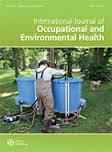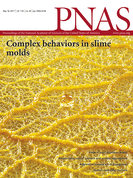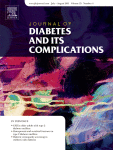 Past and present members of the editorial board of a public health journal have filed a formal complaint against the publisher after it appointed an editor with industry ties without consulting the board, and unilaterally retracted a paper by the former editor.
Past and present members of the editorial board of a public health journal have filed a formal complaint against the publisher after it appointed an editor with industry ties without consulting the board, and unilaterally retracted a paper by the former editor.
Meanwhile, the board and publisher of the International Journal of Occupational and Environmental Health continue to exchange letters about the issue; the latest from the publisher, Taylor & Francis, answers some of the board’s ongoing questions — and declines to answer others.
For instance, managing director Ian Bannerman previously told the board that the publisher “reached out to” editorial board member Jukka Takala of the Workplace Safety and Health Institute in Singapore (by phone and email) before contacting new editor Andrew Maier. Takala told us last month, however, he was “never consulted on Dr. Maier.” In a letter dated May 25, Bannerman told the board:
Continue reading Battle between public health journal and editorial board wages on
 The fallout continues for a study conducted at a local CrossFit gym by researchers at The Ohio State University. First
The fallout continues for a study conducted at a local CrossFit gym by researchers at The Ohio State University. First  This week, the New England Journal of Medicine issued a type of editor’s note we’ve never seen before, on a
This week, the New England Journal of Medicine issued a type of editor’s note we’ve never seen before, on a 

 A gastroenterology and hepatology journal has retracted a 2017 review after discovering it included data “accessible only during peer review for another journal.”
A gastroenterology and hepatology journal has retracted a 2017 review after discovering it included data “accessible only during peer review for another journal.”